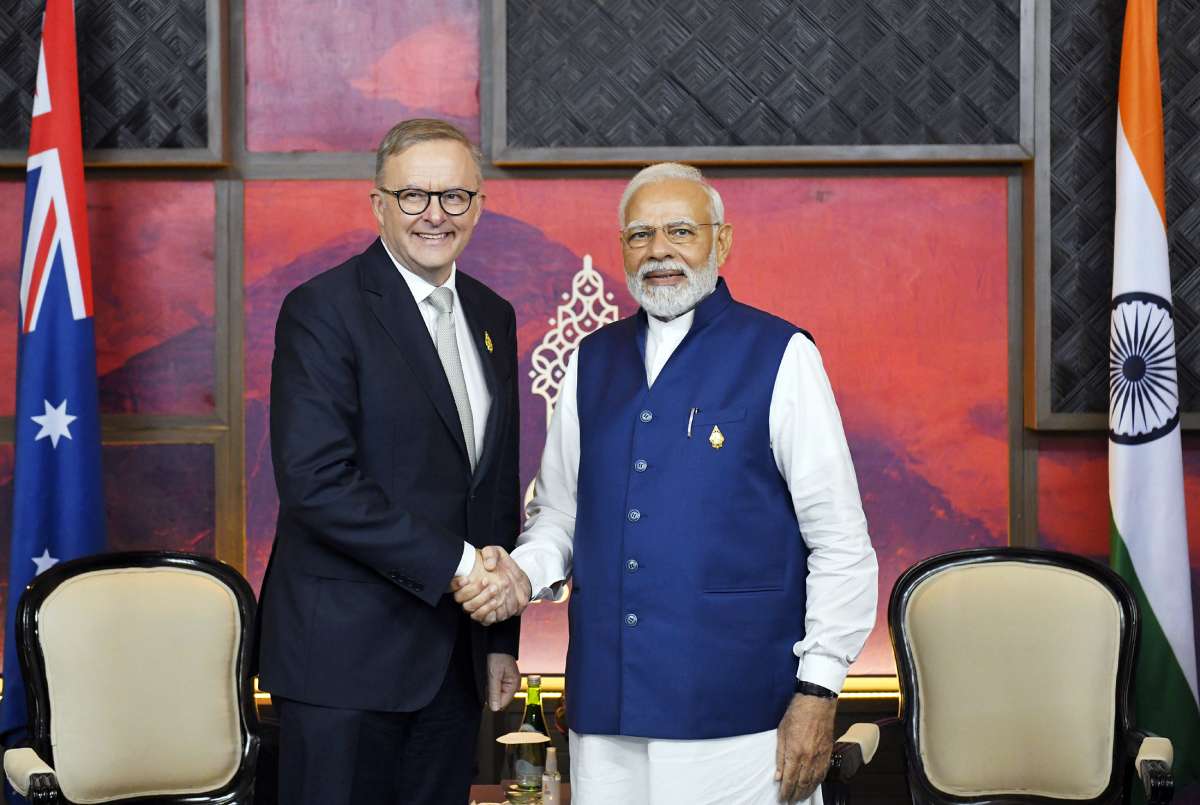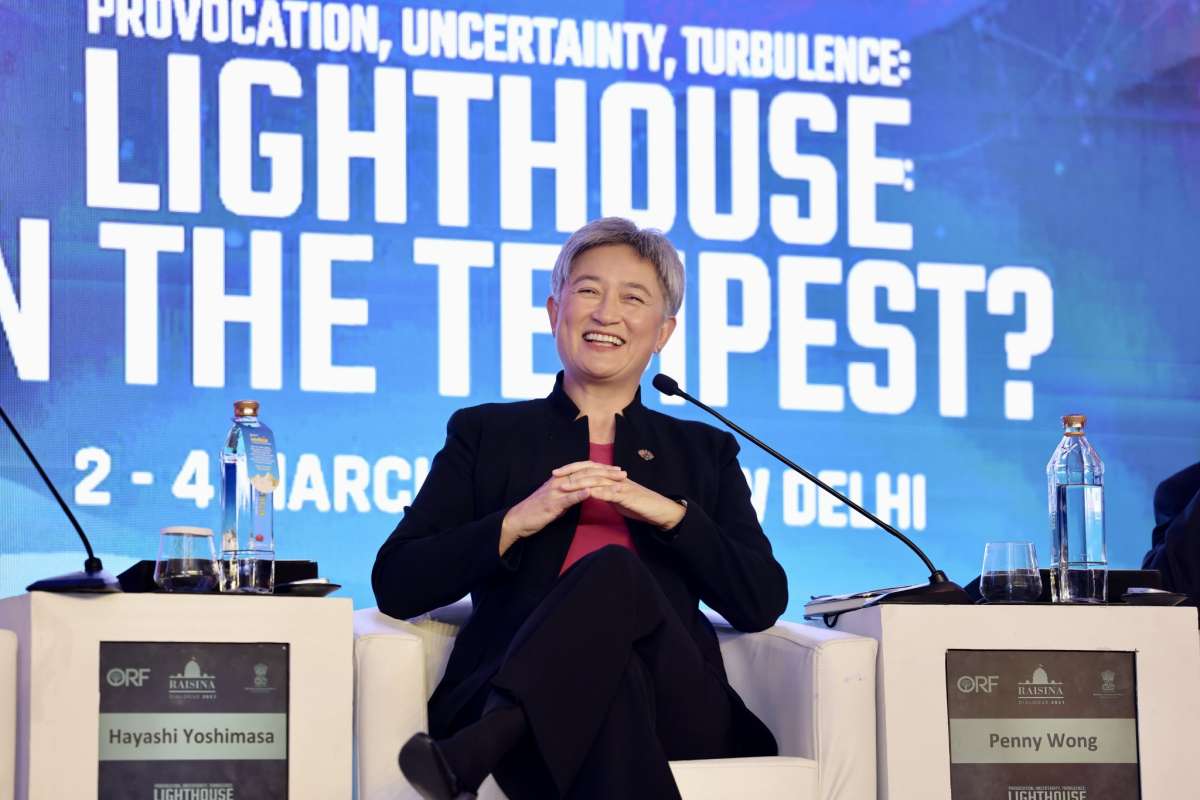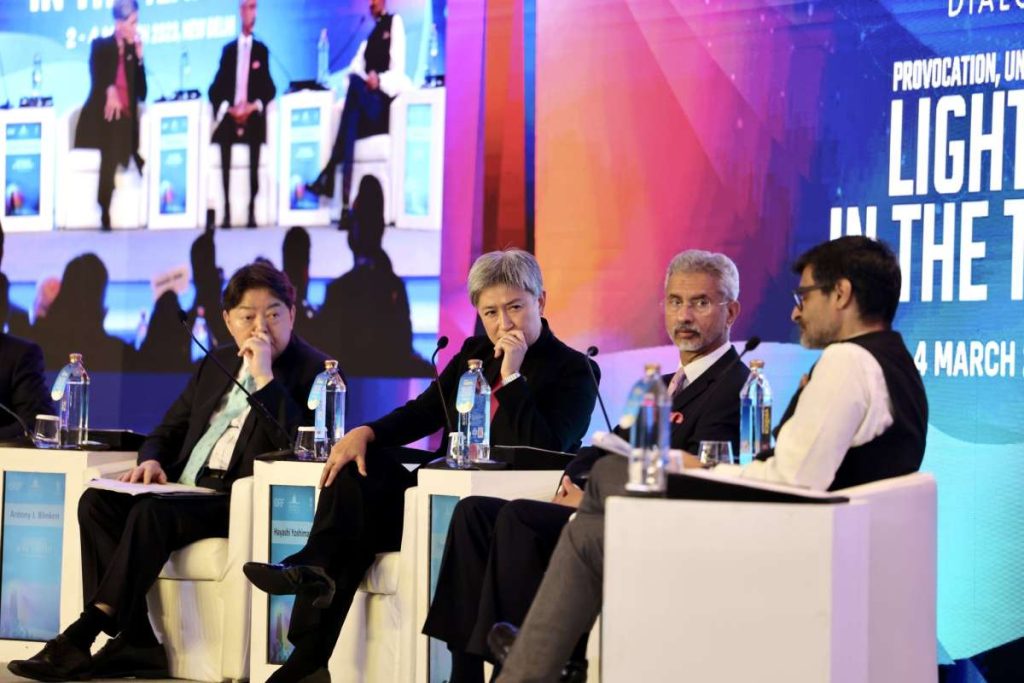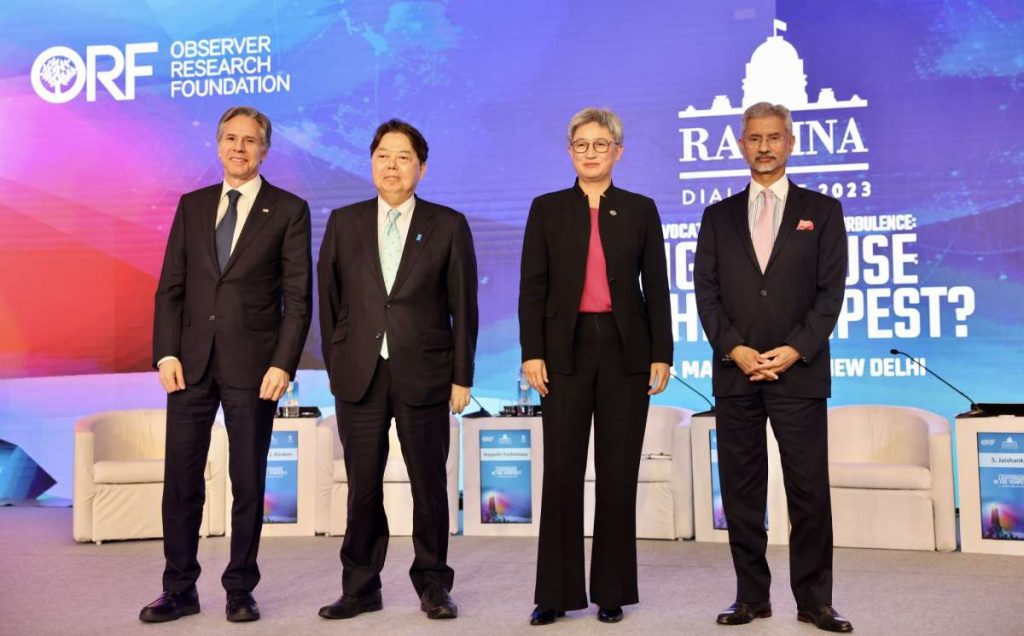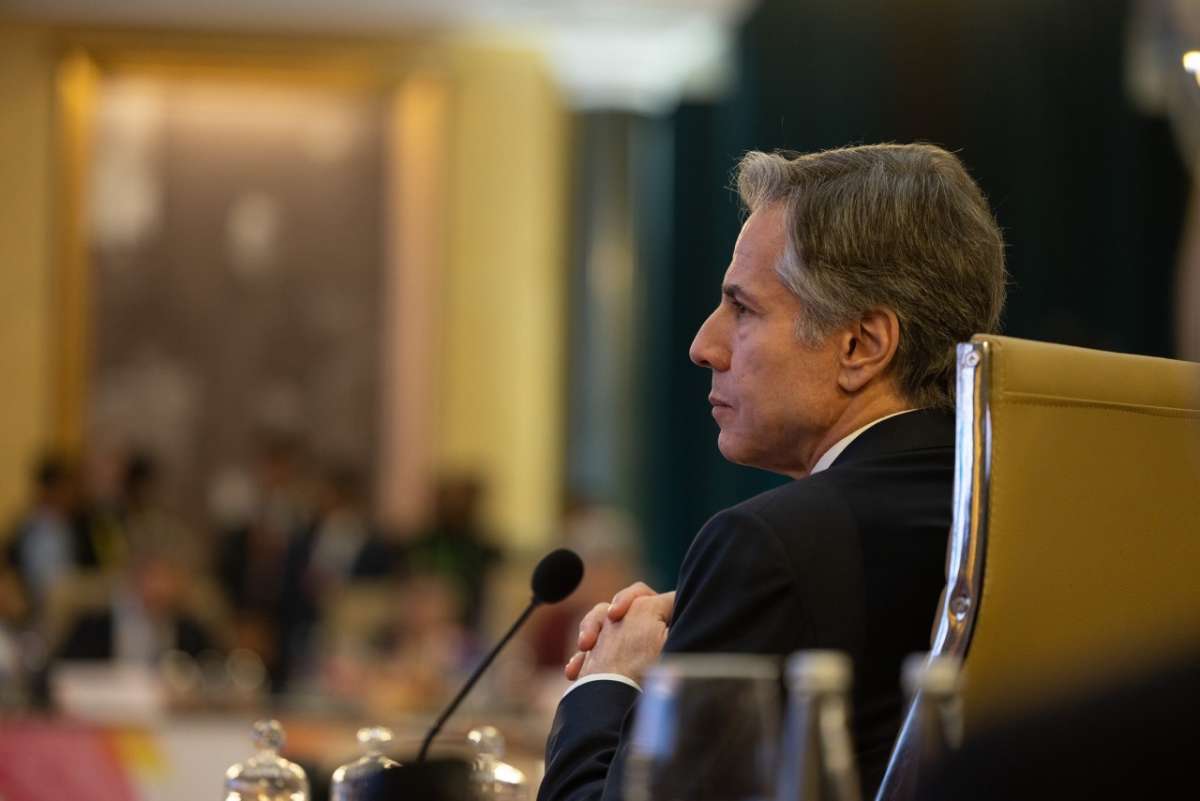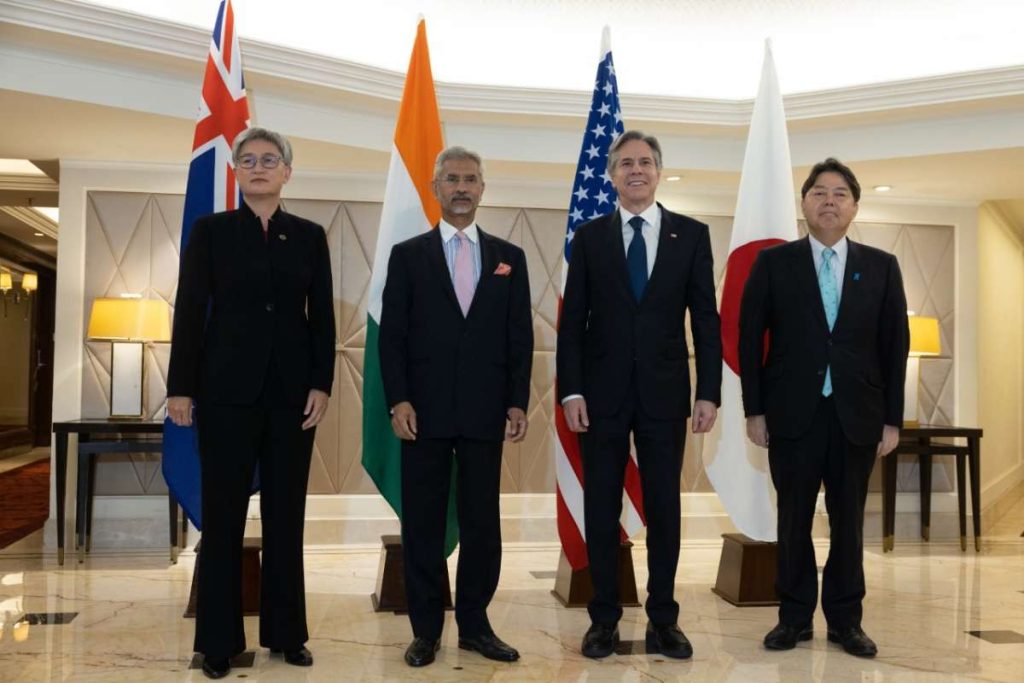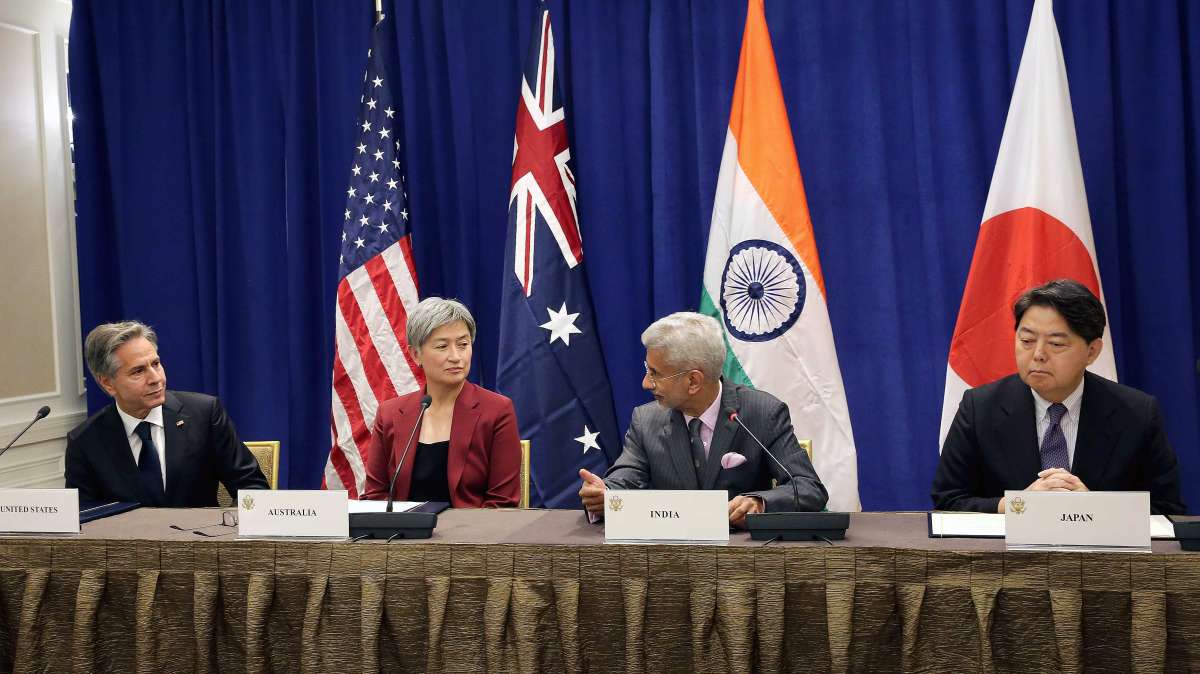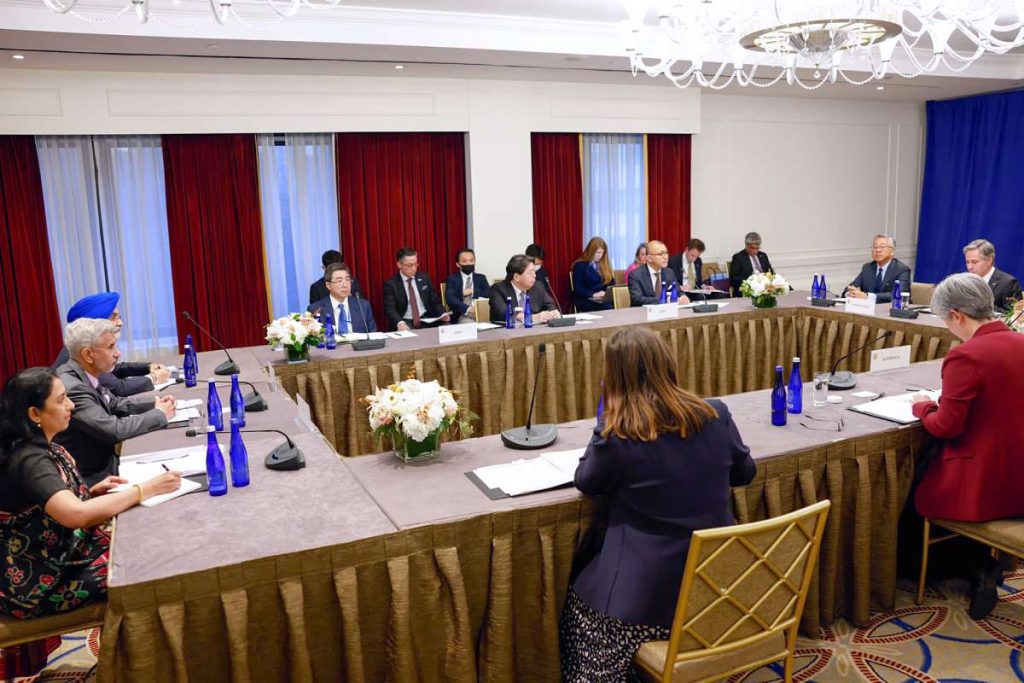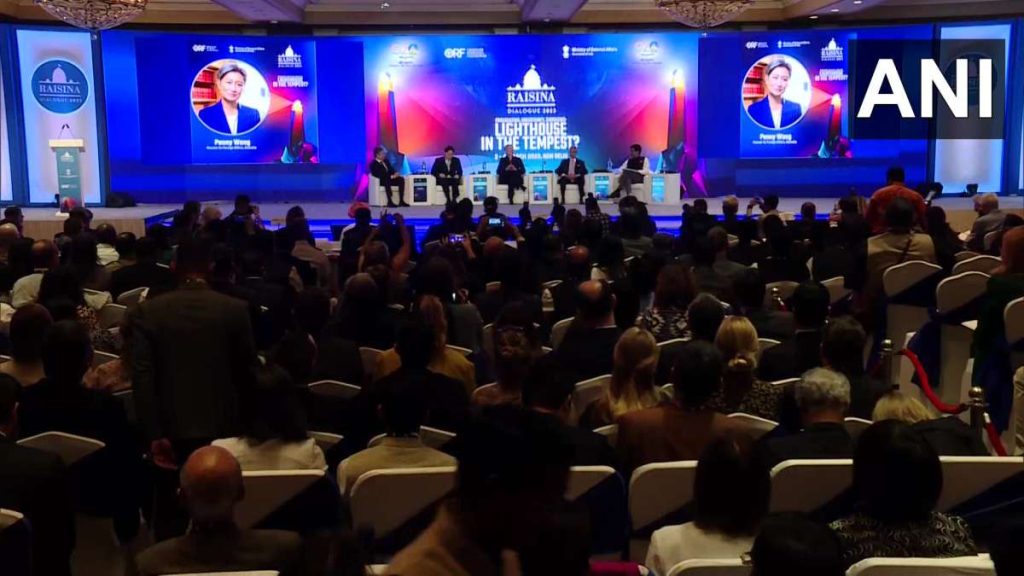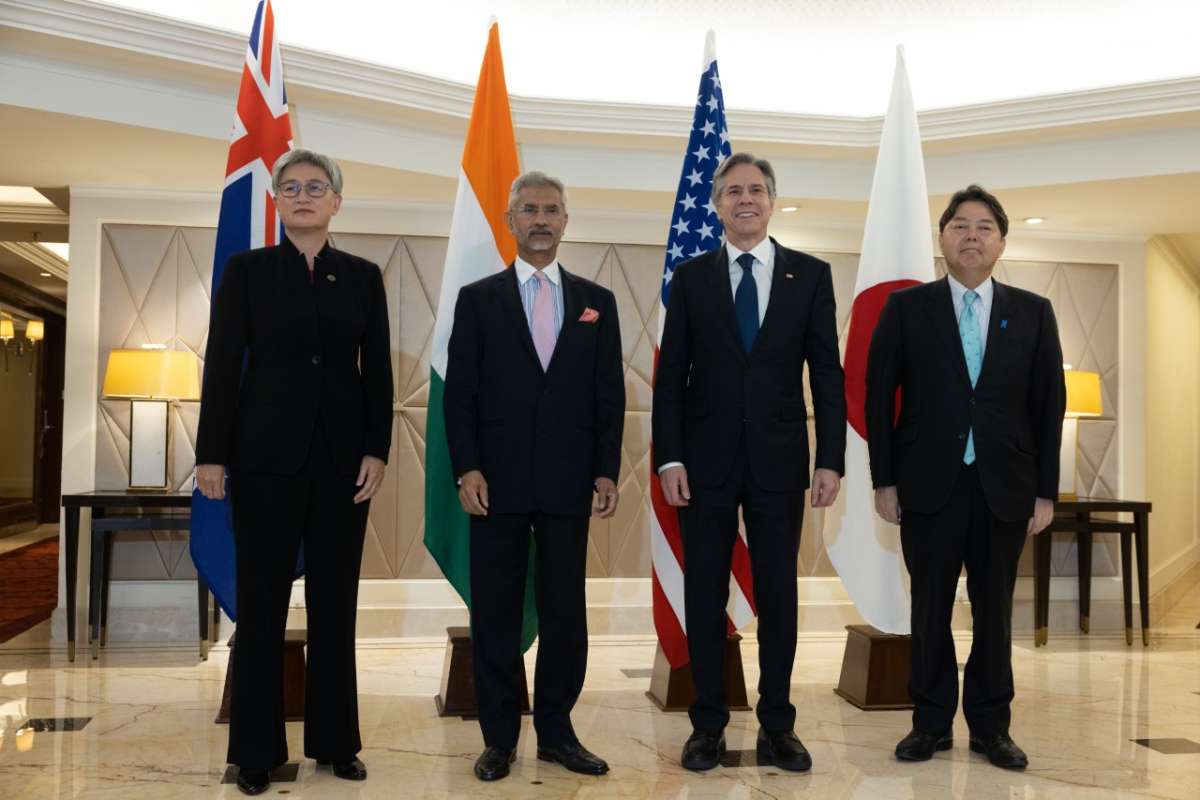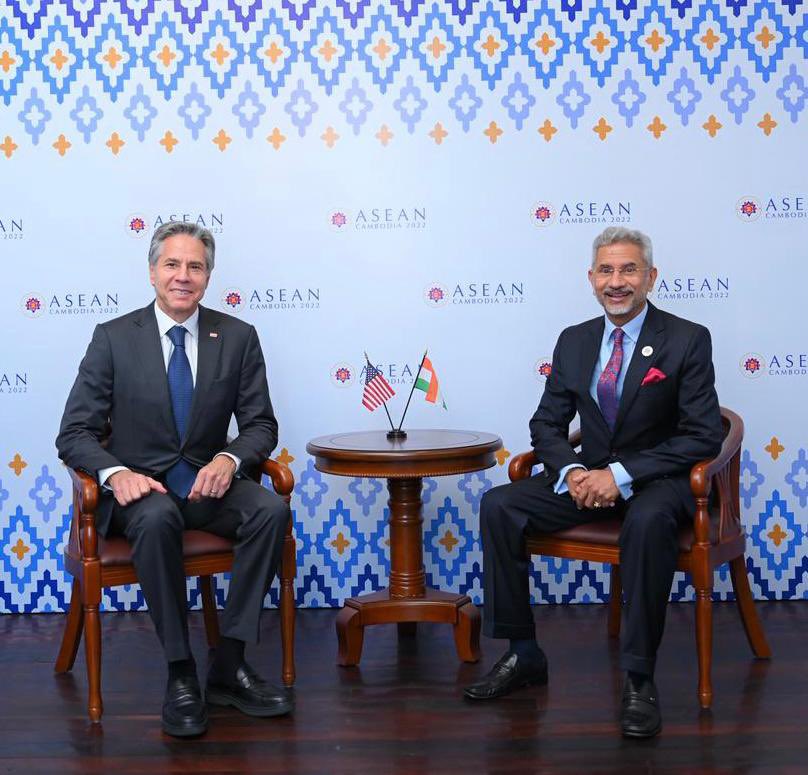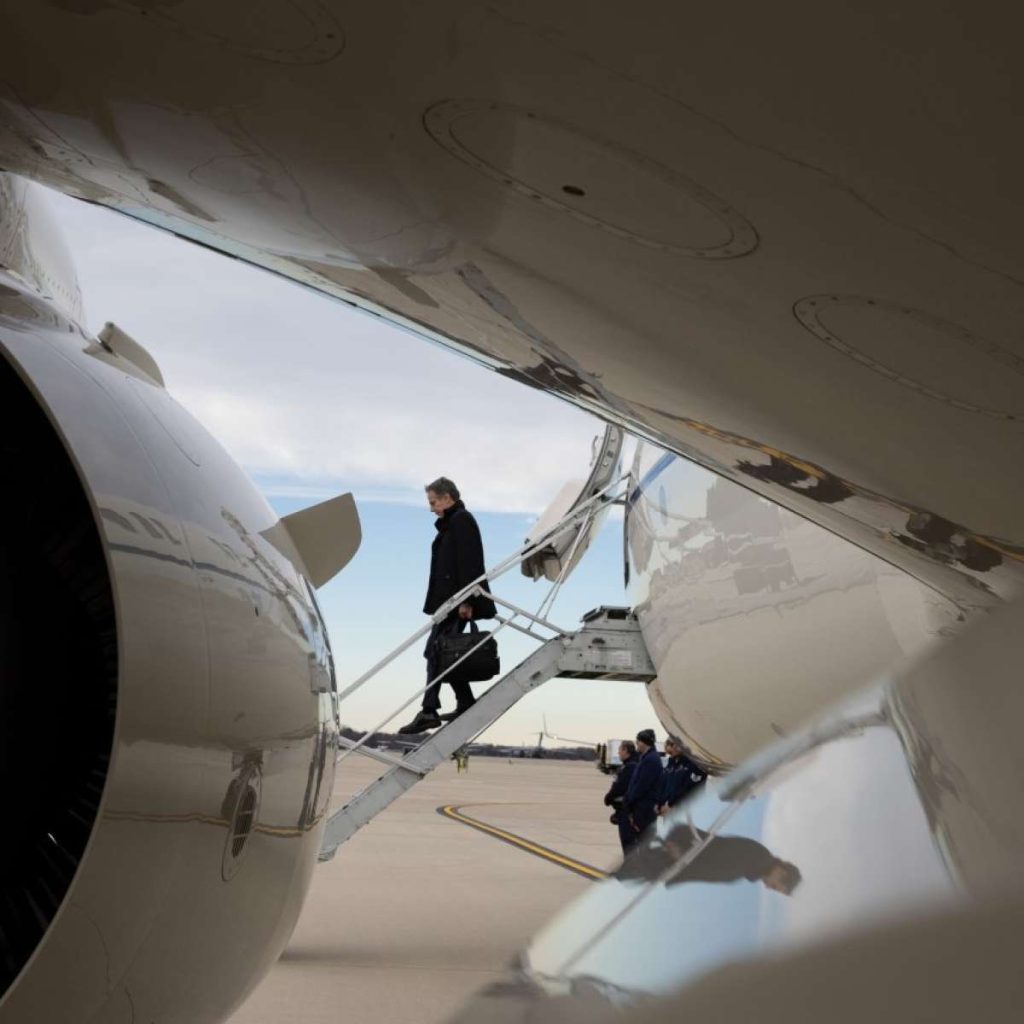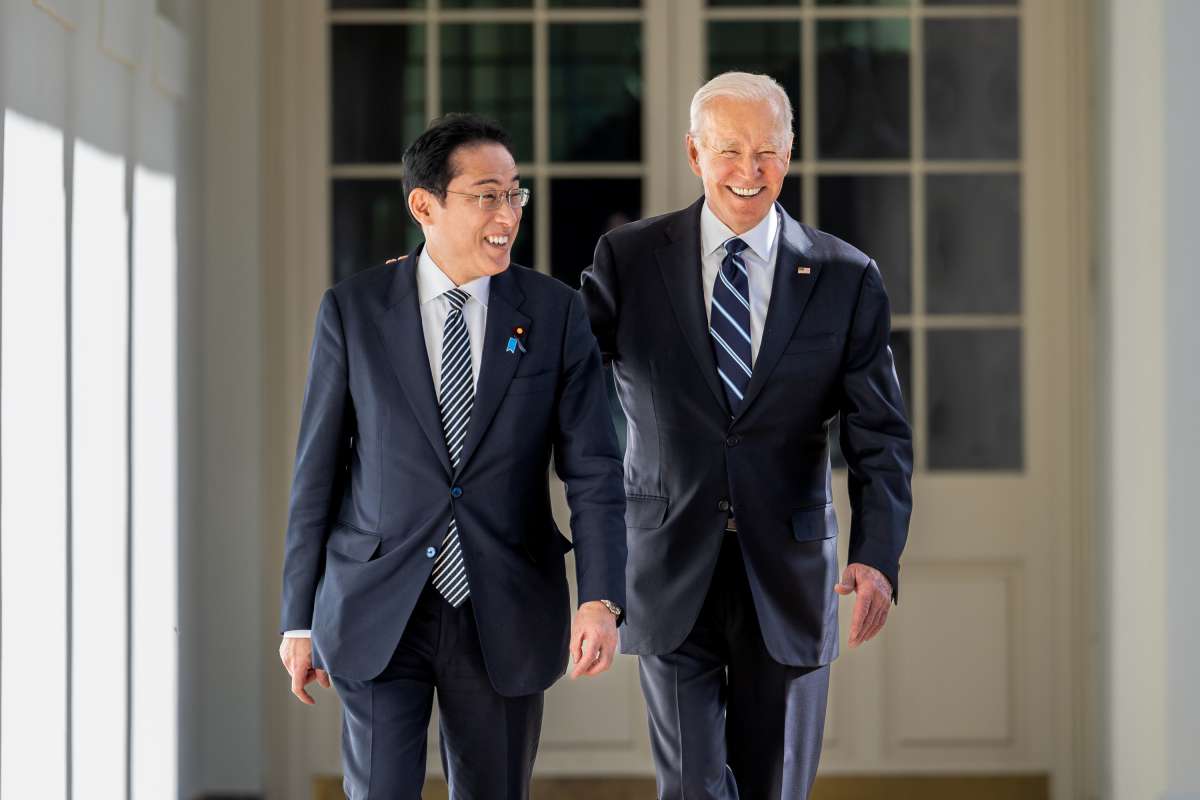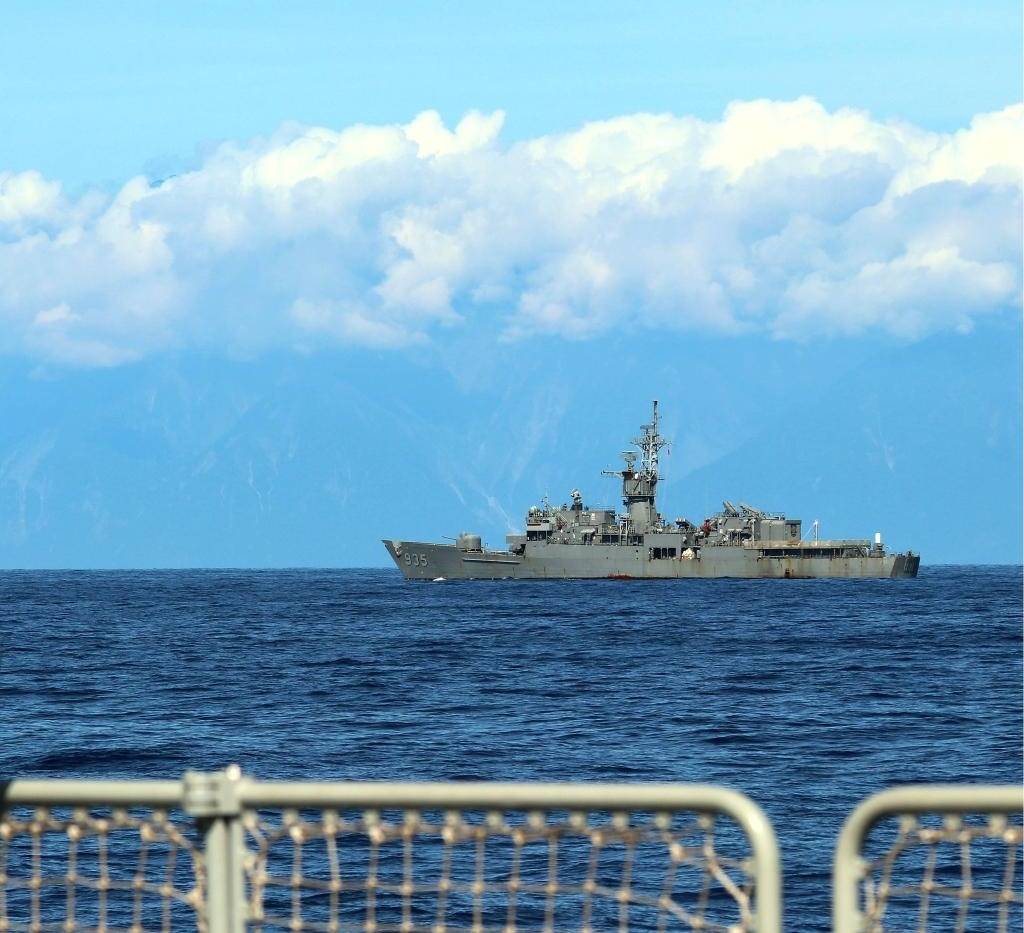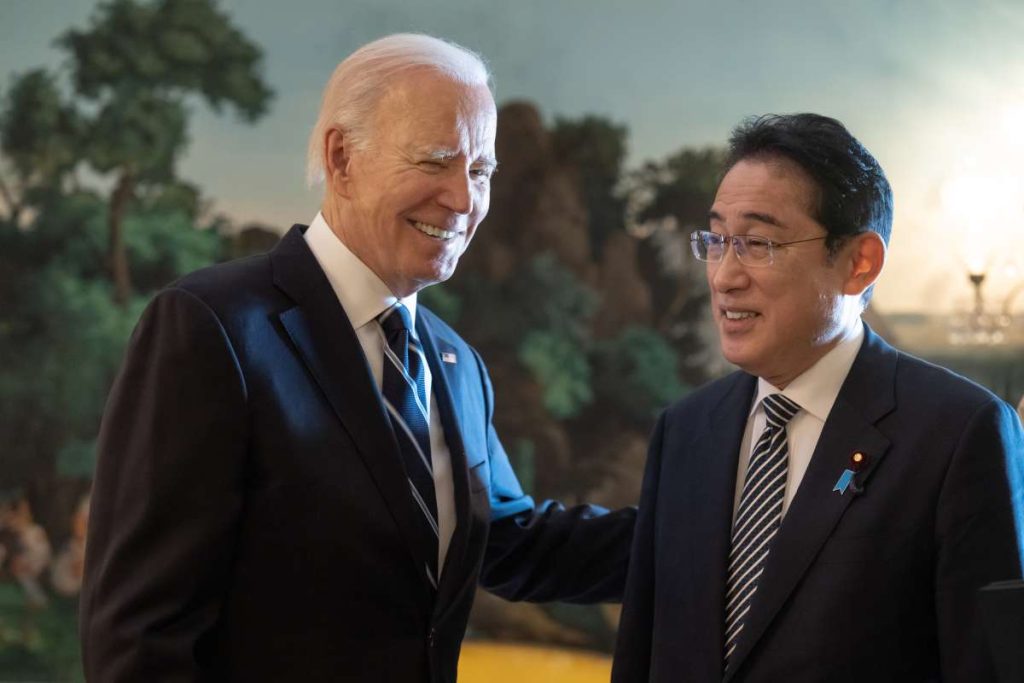Australian Prime Minister Anthony Albanese on Wednesday announced that it will host the Quad Leaders’ Summit on May 24 in Sydney…reports Asian Lite News
Prime Minister Narendra Modi on Wednesday thanked his Australian counterpart, Antony Albanese for hosting the next Quad Summit in Sydney and said that it will further bolster the efforts of the grouping to ensure a free, open and inclusive Indo-Pacific.
Taking to his official Twitter handle, the Prime Minister said that he is looking forward to his visit and strengthening QUAD (Quadrilateral Security Dialogue). “Thank you @AlboMP for hosting the next Quad Summit in Sydney which will bolster our efforts to ensure a free, open and inclusive Indo-Pacific. I look forward to my visit and discussions on strengthening Quad collaboration across domains to advance our positive agenda,” PM Modi tweeted.
Australian Prime Minister Anthony Albanese on Wednesday announced that it will host the Quad Leaders’ Summit on May 24 in Sydney reiterating that it will be a chance to work in cooperation with US, Japan and India.
In a Twitter video post, he said, “Sydney will be the host of the Quad Leaders’ meeting in 2023. The hosting of this meeting at the Sydney Opera House will be a chance for us to work cooperatively with US, Japan and India, but also it will also be an opportunity to showcase this beautiful city and the country to the entire world.”
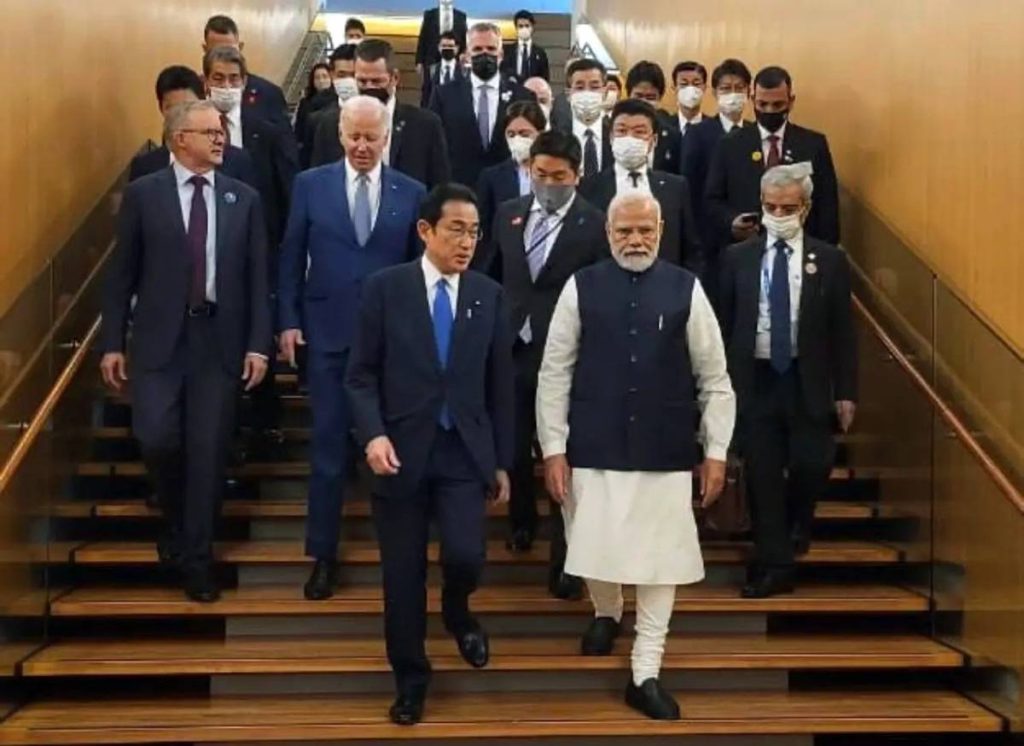
He said that hosting Quad partners in Sydney next month will be an opportunity for Australia to help shape the region “we all want to live in.”
The Quadrilateral Security Dialogue is the grouping of four democracies–India, Australia, the US, and Japan–that aims to ensure and support a “free, open and prosperous” Indo-Pacific region.
“I’m pleased to announce that Australia will be hosting the Quad Leaders’ Summit for the first time on May 24 in Sydney,’ Anthony Albanese tweeted.
Prime Minister Narendra Modi will be travelling to Australia in May to take part in the Quad leadership summit.
The announcement was made during the joint press conference hosted by Prime Minister Modi along with Australian counterpart in March when the latter was on a four-day visit to India.
“India and Australia are both members of the Quad. I thank PM Albanese for inviting me to Australia for the Quad Leaders’ Summit in May. I have invited him to India for the G20 summit in September,” PM Modi had said.
The leaders of the Quad group have met on four occasions earlier and their next meeting will be held in Australia. The group’s importance in the region has increased due to its keen interest in sustainable and inclusive economic growth and increasing people-to-people connections between Quad members and non-Quad members. (ANI)

